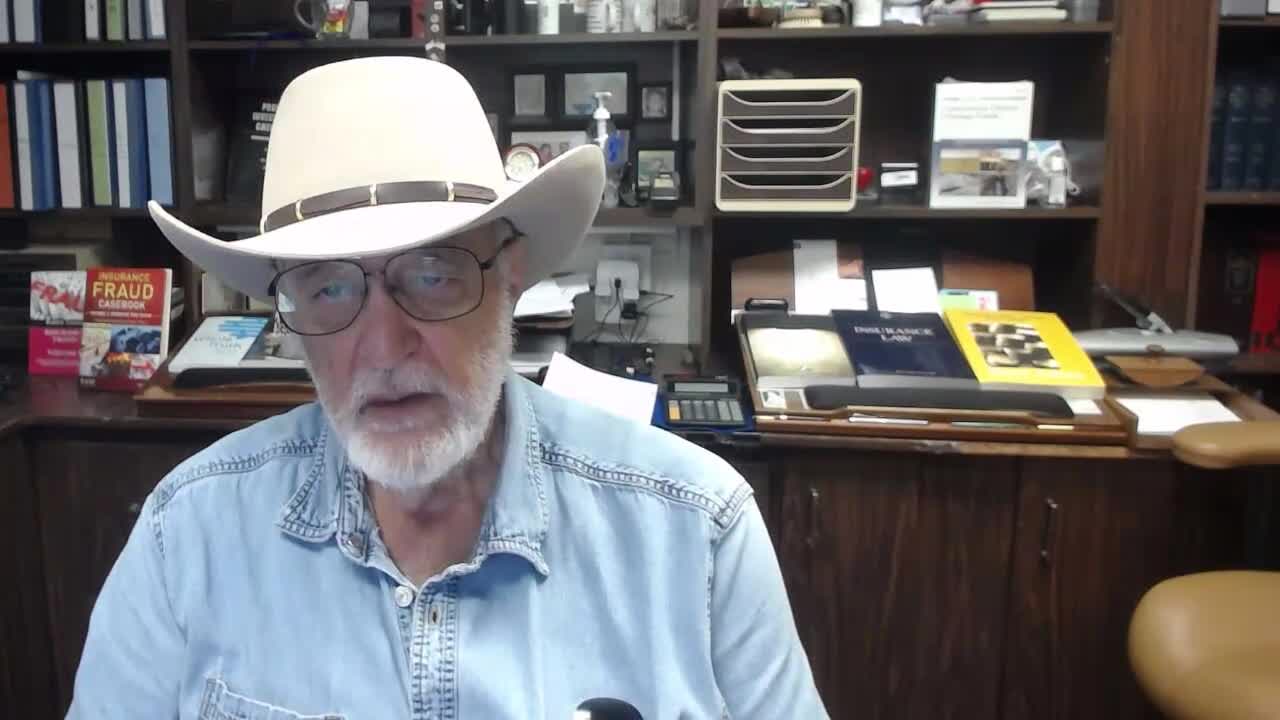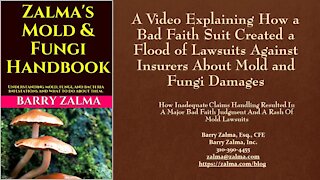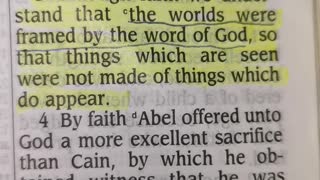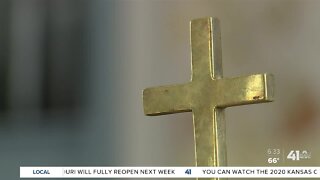Premium Only Content

Defenses to the Tort of Bad Faith
The Genuine Dispute Doctrine
Insurers in states where the tort of bad faith exists deny fraudulent insurance claims with fear and trembling. The specter of punitive damages has worked to make multi-millionaires of many insurance criminals who convince insurers to settle rather than take a chance on trial. Insurers pay claims they believe they do not owe because they are fearful—regardless of the merits of their position—of being assessed punitive damages in a bad faith action.
The fear is not well placed if the suspected fraudulent claim or non-covered loss is denied based upon a fair and thorough investigation, an intelligent review of the facts as they relate to the policy wording, and a reasonable application of the law of the jurisdiction. If, after a fair and thorough investigation, an insurer believes that a fraud is being attempted or that the loss is not covered by the policy wording, the dispute between the insurer and the insured is one of fact not tort and the insured is limited to recovery of contract damages.
If the insurer has done its work properly before denying a claim it should never be held liable for breach of the covenant of good faith and fair dealing. Tort and punitive damages allegations should be eliminated as a matter of law.
In Guebara v. Allstate Insurance Co., 237 F. 3d 987 (9th Cir. 2001), Allstate believed, from its investigation that Guebara had attempted fraud. The Ninth Circuit Court of Appeal held:
"The genuine dispute in this case was not purely factual. The genuine dispute as to the contents claims was based on factual evidence—three expert opinions, inconsistent testimony by Guebara and her witnesses, and desperate financial circumstances. The genuine dispute as to the structure claim, however, was based on the fraud language in the policy and on an unsettled issue in California insurance law."
-
 8:36
8:36
Barry Zalma, Inc. on Insurance Law
1 year agoZalma's Insurance Fraud Letter - January 15, 2024
279 -
 19:41
19:41
Barry Zalma, Inc. on Insurance Law
4 years agoMold and Bad Faith
38 -
 2:58
2:58
risingfaith
4 years agoRising Faith - Dear Lord
9951 -
 0:24
0:24
playfair777
4 years ago $0.01 earnedFaith made words
52 -
 18:10
18:10
Barry Zalma, Inc. on Insurance Law
4 years agoA Video Explaining How the Law of Unintended Consequences Destroyed the the Tort of Bad Faith
54 -
 2:03
2:03
KSHB
5 years agoFaith leaders assure community
22 -
 3:42
3:42
Rising Faith Music Ministry
4 years agoRising Faith - O Happy Day
29 -
 3:20
3:20
risingfaith
4 years agoRising Faith - We Fall On Our Knees
837 -
 3:40
3:40
Rising Faith Music Ministry
4 years agoRising Faith - Love Lifted Me
22 -
 2:43
2:43
Rising Faith Music Ministry
4 years ago $0.02 earnedRising Faith - Come Thou Fount
179